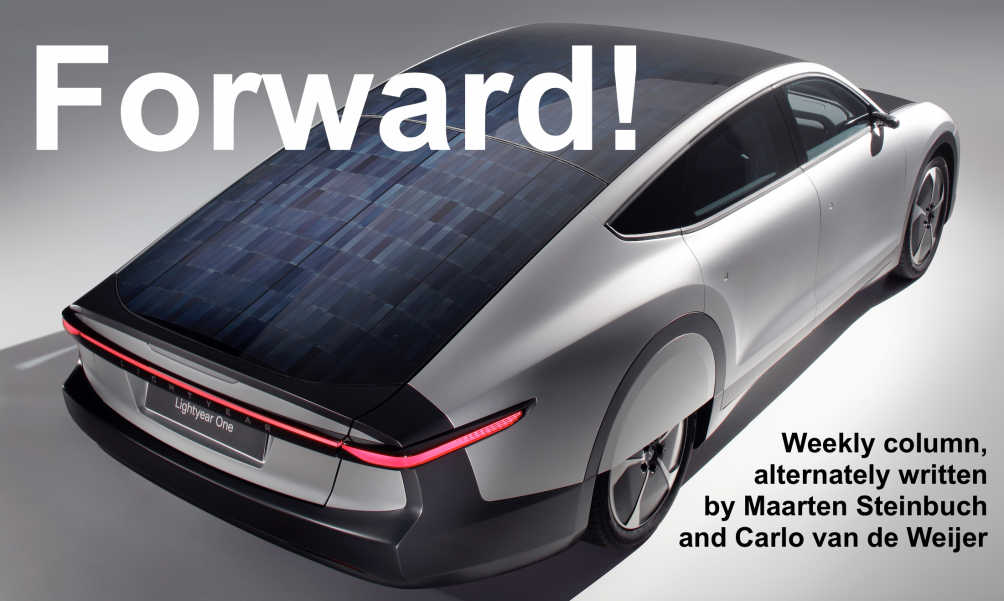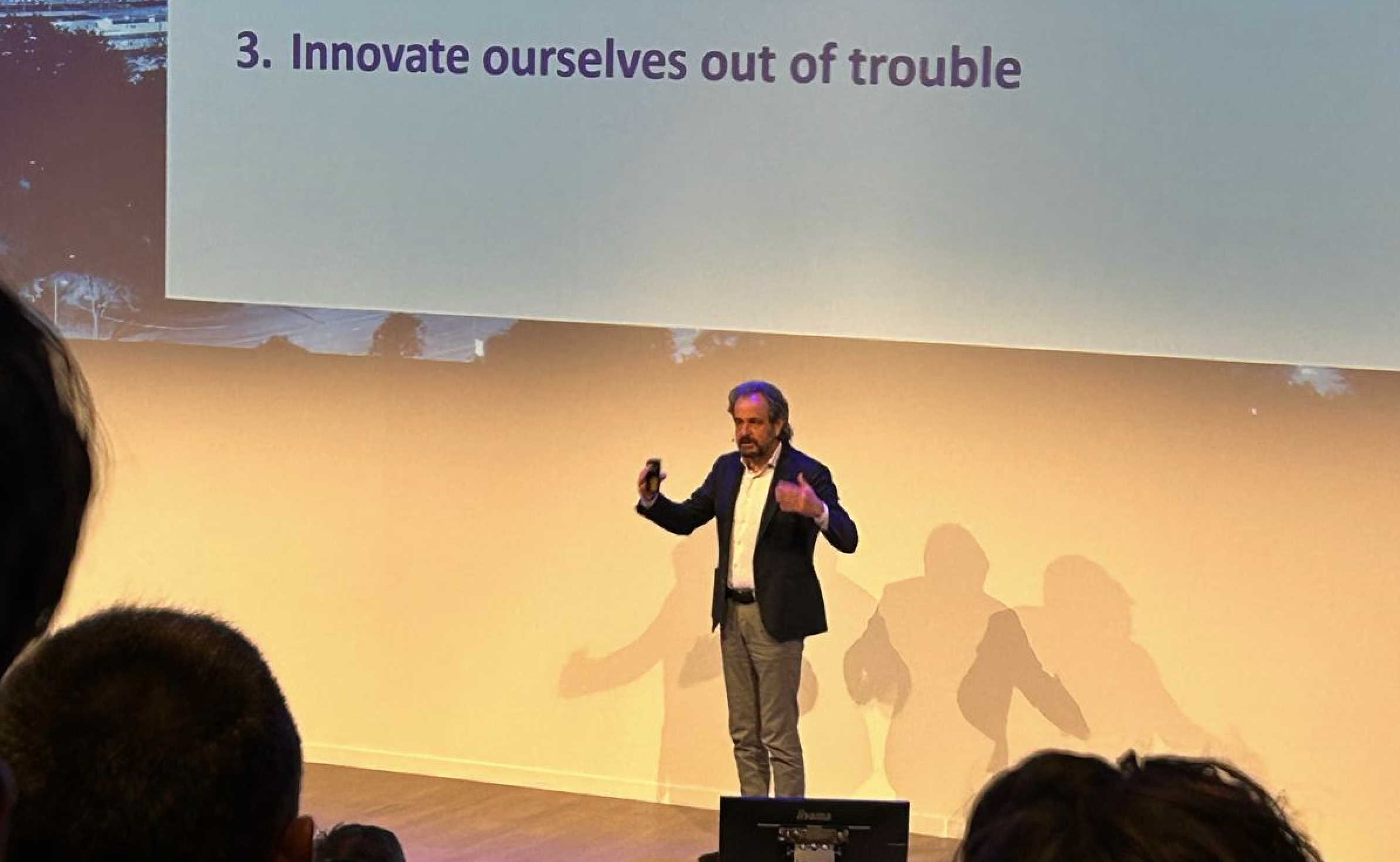
In order to meet the enormous building task for the coming years, the northern provinces of the Netherlands recently came up with a plan to build a large proportion of the required housing right there. A smart move in times when living space has been revalued enormously and the relationship between living and working is increasingly flexible. A strange precondition they have set for this plan is the construction of new rail connections, especially the Lely Line. It will do far more harm than good, especially for the North itself.
The Lely Line is very expensive. Construction alone will cost around €50 per expected additional passenger over the amortization period for a one-way trip from the Randstad (the conglomerate of big cities in the Western part of the country) to Groningen. Together with the expected operational loss, the government is, therefore, contributing about €75 per one-way trip for many years to come. On top of this comes the irrevocable damage that threatens nature reserves such as Onlanden, Rottige Meente, Het Beekdal, Brandemeer, and Van Oordt’s Mersken. It’s pure hypocrisy to oppose highway expansions such as at Amelisweerd and still be in favor of a Lely Line, as many political parties do.

All those social sacrifices could still be justified if there are enough social benefits in return. But there are hardly any. The environment does not benefit from a Lely Line. A train uses a comparable amount of energy per passenger and produces more small particles than an electric car. A faster train won’t get drivers out of their cars anyway, so the traffic you generate is mostly extra traffic. And the essential issue is that all these extra travelers will bring nothing to the North. Connecting economically stronger and less strong areas will benefit the economically stronger region in particular. You open the gate to the Randstad, as it were, for your most interesting employees and for high-quality activity. The Philips head office would probably still be in Eindhoven if there had not been such a good rail connection between Eindhoven and Amsterdam. Madrid was connected to the regional cities to help the latter but it turned out to do the opposite: economic activity moved from the region towards Madrid. One final non-argument that I would like to mention here is that the Lely Line would be an essential link in a European train network. International train transport is a marginal and elitist hobby without significant social added value.
This does not mean that the North should abandon its house construction aspirations, quite the contrary. But the goal should be more ambitious than to create some kind of Randstad overflow. The real difference can be made by the high-quality space already present. In the North, most important facilities can be reached within fifteen minutes, often even by bicycle. My advice is to nurture and strengthen that situation. Because with good policy, that space can become even more attractive. Surprisingly few people have given thought to the fact that in fifty years, or probably even sooner, we will hardly need any more animals for meat or dairy production. This will free up a lot of space, especially in the North. Use 5% of that for new housing projects and 95% for the further embellishment of the natural landscape and people will automatically be drawn to such a paradise. And so will the economic activity. Because in the future, even more than now, work will follow people, instead of the other way around.
An ugly railroad line is not the future of mobility. A beautiful, traffic-safe, scenic fifteen-minute region is.
Maarten Steinbuch and Carlo van de Weijer are alternately writing this weekly column, originally published (in Dutch) in FD. Did you like it? There’s more to enjoy: a book with a selection of these columns has just been published by 24U and distributed by Lecturis.




